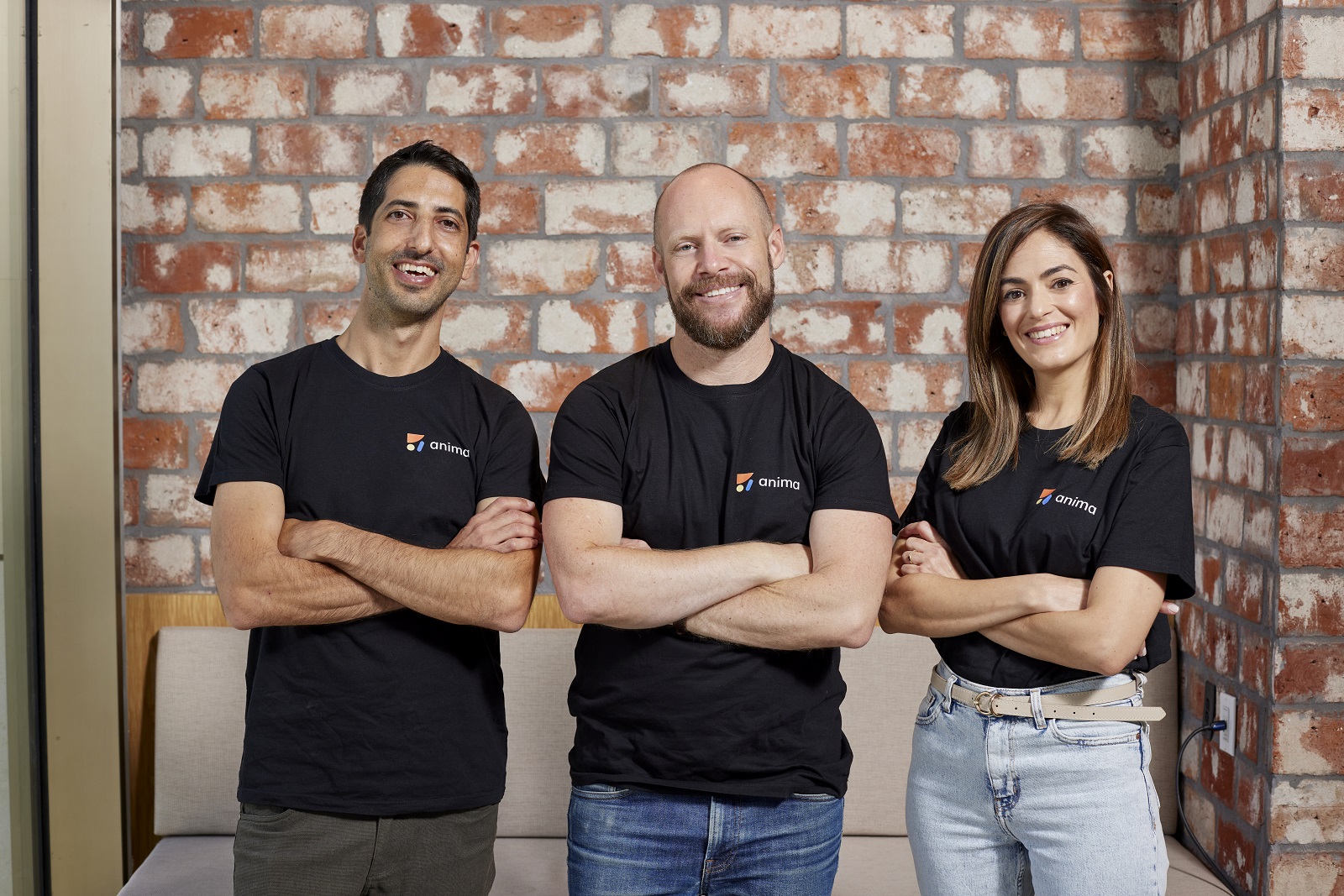 APPS
APPS
 APPS
APPS
 APPS
APPS
Design-to-code platform startup Anima App Inc. announced today it has raised $10 million in an early-stage funding round, giving it fresh impetus in its mission to boost collaboration between application designers and developers.
MizMaa Ventures led the Series A round in Israel-based Anima, which also saw participation from INcapital and Hetz Ventures.
Founded in 2017, Anima has built a platform that aims to turn the app design handoff process into a continuous collaboration between designers and developers and try to eliminate friction between teams. Application designers can use Anima’s platform to create a fully responsive prototype of their app that looks like and works just as the finished product they envision should. Then, developers can take that prototype and use Anima to automatically translate it into developer-friendly code and faithfully recreate the app per the designer’s intent.
The company’s founders are a husband and wife developer-designer couple, Chief Executive Avishay (pictured, left) and Chief Product Officer Michal Cohen (right), plus Chief Technology Officer Or Arbel (center). They say there’s often a lot of friction between designers and developers because of the latter’s inability to recreate precisely how their products should look and behave.
Designers typically use tools such as Adobe XD, Sketch or Figma depict how an app should look and feel. But those designs are then handed off to developers in the form of static, image-based mockups. Developers are forced to interpret these as best they can, before manually recreating those designs with code.
Anima’s founders say that handoff process means that a lot of the designer’s intent is lost in translation. So whatever the developers ultimately come up with is never quite what the designers had envisaged.
Avishay told SiliconANGLE the issues are often just small things, such as when certain elements in an app are shifted by a few pixels. “For designers, this causes the whole product to look crooked, but developers probably couldn’t even notice the difference,” he said.
There can be much bigger issues, though. Avishay said an example of this includes the intended visual feedback after a user clicks a button in the app.
“Conveying the visual animation of a button using design tools is nearly impossible,” he explained. “So today it’s done via textual communication or hand-waving. In the end, developers implement what they think should be done, but often the result is not what the designer really had in mind. Usually, these are not things that affect functionality or features, but in today’s world, a broken user interface can mean the difference between the success or failure of a product.”
Anima is meant to increase the chances of an app succeeding. The platform integrates with popular design tools so the designers can feel at home and come up with high-fidelity prototypes as they always do, that look and feel like the end product should. Then, developers can use Anima to extract high-quality code they can quickly build upon, with support for languages such as React, Vue.js, HTML, CSS and Sass.
“Unlike other attempts at tackling the design-to-code market, Anima isn’t trying to replace the tools that designers use and love, or to automate developers out of existence,” Avishay said. “Instead it meets the design and development teams where they are, plugging into their existing workflows, allowing them to deliver 10 times faster.”
Anima reckons it’s an idea that has been-well received, claiming more than 1 million users, including designers from Netflix Inc., Facebook Inc., Google LLC and Amazon.com Inc.
Hetz Ventures Partner Pavel Livshiz said Anima is the perfect example of product-led growth done right, noting it has increased developer engagement by300% in the last year and tripled its customer base, all without having a single salesperson on its staff. “With their avid user base and a tried and tested product, they are perfectly positioned to pour gasoline on the bonfire they’ve built and revolutionize the world of software development,” he said.
Anima, which has offices in Tel Aviv, Boston, New York, Barcelona, Lisbon and Casablanca, will use today’s funding to triple the size of its team and add more features and functionality to its platform.
Support our mission to keep content open and free by engaging with theCUBE community. Join theCUBE’s Alumni Trust Network, where technology leaders connect, share intelligence and create opportunities.
Founded by tech visionaries John Furrier and Dave Vellante, SiliconANGLE Media has built a dynamic ecosystem of industry-leading digital media brands that reach 15+ million elite tech professionals. Our new proprietary theCUBE AI Video Cloud is breaking ground in audience interaction, leveraging theCUBEai.com neural network to help technology companies make data-driven decisions and stay at the forefront of industry conversations.